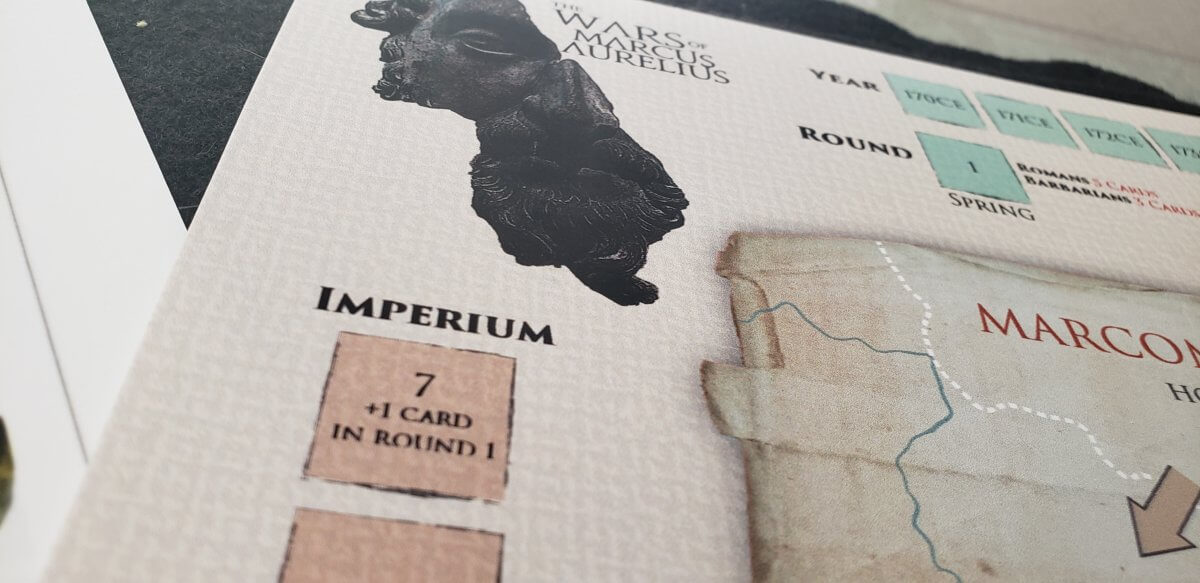Well I watched the players aid vid on rules learning a while back, which got me thinking about a video I posted so long ago, all my hair was not grey…well almost. hahahaha..
But that video of mine drove me to also be more reflective about what my process has evolved to or has been lately. A kind of retrospective of how I now learn and consume games since posted the vid below in 2013….Wow was it so long ago?
Over the past several weeks I have read nearly a dozen rule books, either completely or in part. These rules books range in complexity from simple as Paulus’s 6th Army to as complex as War in the Pacific [ both the DG and SPI versions].
In essence it boils down to assessing a game from the perspective of the designer first off, then scale, then era. From there everything varies by degrees.
Lately [ the last several years] I have read the Designer notes first off, to seek any clues as to intent and desire of the designer. Then by knowing who he or she is we can reference potential past plays of their other titles, by myself or friends I know who might have played.
This can sometimes be of value, often though it is not, I do however get a good sense from most designers as to what they were aiming for.
Take Joe Balkoski for example. A designer who every time I play a game and dont know who the designer is…. “Wow that was great who designed it?”..It has been a Balkoski!! Over the past several years I have sought out many of his titles, despite often horrid art work and sub par components, his designs, his design focus specific to the topic and his passion make them a joyous thing. That said his rules approach is unique to EVERY title. So you garner no scale-ability in ‘knowing’ his games [except of course series such as Fleet, GCACW etc].
Whereas someone such as Frank Chadwick has such a lean spartan sense of wording and sentence structure that you can ably rely on him across genre and scale to be to the point, clear and concise. Frank does indeed apply his rigour and uniqueness to each situation but there are many, many standard system things he does across almost all genre. This makes his games easier to learn than some others.
Many of the challenges of learning titles end up being a one off designer, a non mainstream title, a newcomer or perhaps an odd topic or circumstances.
Hollandspiele can fit some of these aspects. Tom does a great job being brief and mostly concise, and has in the last several releases of titles, ensured excellent play aids to guide play. For some reason tho, I sometimes struggle with a concept or a mechanic. Which I think is a legacy of my mostly hex and counter history. So there I like to dig in and mark up the rules aggressively, summarize each rule heading with a net effect i.e. +2 Die Roll Mod, or flip a card for this..etc. This saves me having to re read a paragraph or cross reference.

This for me is a go to strategy, use the margins and headings to summarize the net effect of a rule in a brief comment or symbol. This allows for a quick look up, and then a review of the underlined wording… then if still unclear I can hit the full text and re read.
Of course if it all gets too complex or too hard, sometimes the best thing to do is to indeed break out some bits, and walk thru a few cycles of the sequence of play, this rarely happens for me as I am selfish with my time, sometimes to my detriment.
For very involved games I have begun playing smaller scenarios first, just to garner a sense of the overall game as a system. Whereas in the past I would just dive right into the campaign.
But of late I have noticed a marked increase in the number of errors I make in game play and when they have a untoward impact on the experience it is then time to back it off a notch, regroup and learn a system piece meal.
When I first started writing this post a few months ago, I had just read the SPI War in the Pacific rules. Recently I had the opportunity to acquire DG’s 450 page opus of the same name….This game has so much going on and so much paperwork that it may be be unplayable and not even as good or better than the original. It leans HEAVILY on Mark Herman’s Pacific War, for command and supply and just feels like it is tying itself in knots. So for this game I am starting with CV actions and air.
Then I’ll try some more operational scale efforts. To learn this game, I copied all 450 pages, and started using a PDF version with high lights and mark ups. As much as I hate using a screen based devices for rules, the combined rules are too unwieldy to physically use:

So the paper copy was a bust really. I ended up reading the paper copy, marking the major sections then looking at the same section in the PDF and marking it up… kind of a double reading!
A friend once said ‘I can learn any game! How do you move, how do you shoot!’ To that I added, how do you stay in supply and how do you ‘win’ the game. When you make it that simple it does not sound too hard now does it?
How do you learn new games?



Kev, Great post. For my part the only way I can digest the rules is a thorough read through, quick play of introductory scenario, and re-read. If videos are available then I have “iced my cake”. I stay away from the “new and unique” unless I get or find a positive recommendation having been burned in the past. Hollandspiele the exception. Even then some “deep” games such as Empire of the Sun I can find myself embarrassed at having missed something pointed out to me (e.g. at WBC) that later appears “obvious”. Mark
Thanks so much for reading/watching!!! Love your comments too. Best Kevin